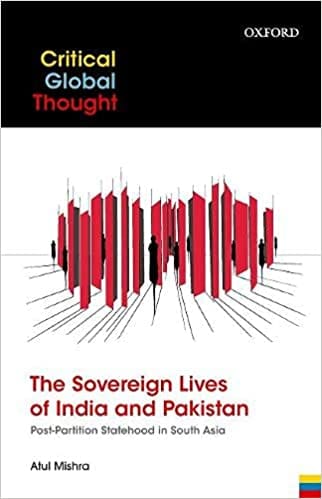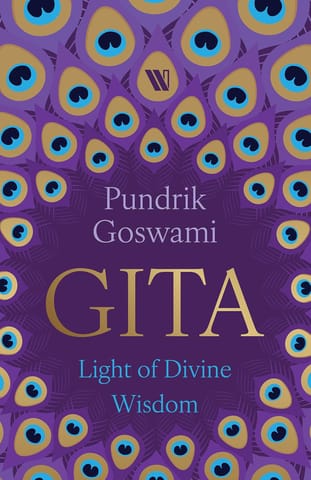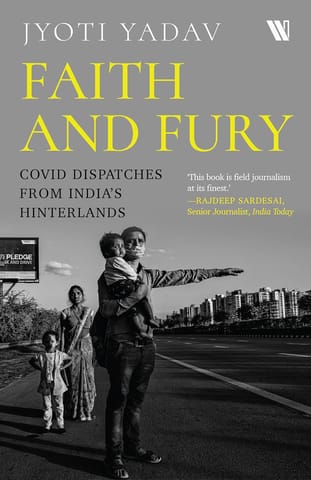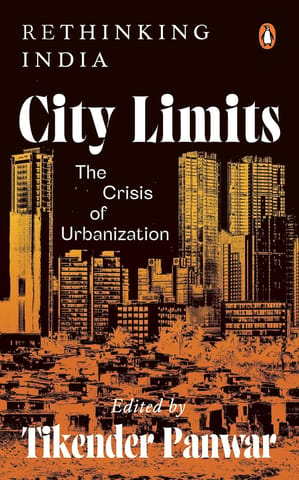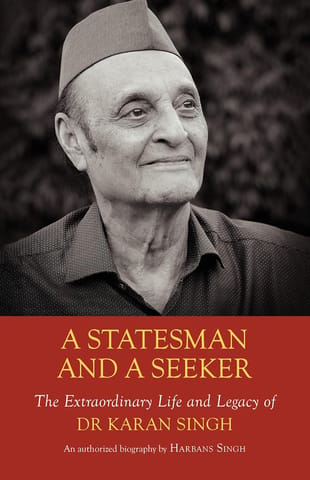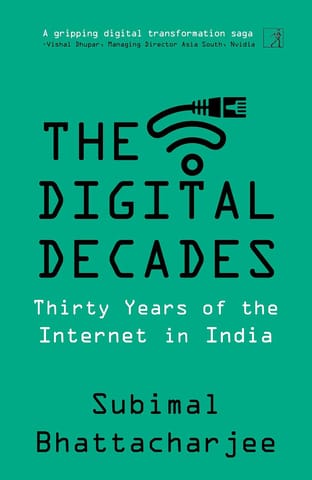- Non-ficton
- Non-ficton
- Contemporary Fiction
- Contemporary Fiction
- Children
- Children
- Comics & Graphic Novels
- Comics & Graphic Novels
- Non-Fiction
- Non-Fiction
- Fiction
- Fiction
This book explores what it has meant for India and Pakistan to act as sovereign states entangled at birth by an unsatisfactory partition. Sovereignty is conventionally understood as a means to achieve the goals that states set for themselves. The book argues that for India and Pakistan, sovereignty has become an end in itself, and that its pursuit has aided majoritarianism, insecurity, and mutual estrangement.
The book examines the trajectory of three problems that the partition of 1947 bequeathed to the two states. It investigates the state-minority relations, national identity debates, and contestation over Kashmir to outline the parallel processes of minoritization, homogenization, and territorialization. It shows how these processes signify the two states' quest for sovereignty. The scholarship on India and Pakistan often privileges their bilateral relations. In contrast, this book carries out the deeper task of a single-frame analysis and critique of their intertwined statehoods.
Ultimately, the book shows the inadequacy of the nation state form as the basis for political community on the subcontinent. It concludes by pointing to the contemporary relevance of alternative ideas of sovereignty and political community for South Asia that were articulated during the first half of the 20th century.
Review
Atul Mishra's work presents an intriguing proposition-that for both India and Pakistan, pursuit of sovereignty has remained an end in itself. Traversing the fields of political history and theory of international relations, The Sovereign Lives draws our attention to how the perception of statehood of both countries is predicated upon ideas of minority, national identity and territoriality. The importance of the book lies in its ambitious attempt to present alternative ideas of nation-state and community in the context of South Asia. - Suhas Palshikar, Former Professor of Politics, Savitribai Phule Pune University
About the Author
- Home
- Non-Fiction
- The Sovereign Lives Of India And Pakistan Post-partition Statehood In South Asia
The Sovereign Lives Of India And Pakistan Post-partition Statehood In South Asia
SIZE GUIDE
- ISBN: 9780190130879
- Author: Atul Mishra
- Publisher: Oxford
- Pages: 280
- Format: Hardback
Book Description
This book explores what it has meant for India and Pakistan to act as sovereign states entangled at birth by an unsatisfactory partition. Sovereignty is conventionally understood as a means to achieve the goals that states set for themselves. The book argues that for India and Pakistan, sovereignty has become an end in itself, and that its pursuit has aided majoritarianism, insecurity, and mutual estrangement.
The book examines the trajectory of three problems that the partition of 1947 bequeathed to the two states. It investigates the state-minority relations, national identity debates, and contestation over Kashmir to outline the parallel processes of minoritization, homogenization, and territorialization. It shows how these processes signify the two states' quest for sovereignty. The scholarship on India and Pakistan often privileges their bilateral relations. In contrast, this book carries out the deeper task of a single-frame analysis and critique of their intertwined statehoods.
Ultimately, the book shows the inadequacy of the nation state form as the basis for political community on the subcontinent. It concludes by pointing to the contemporary relevance of alternative ideas of sovereignty and political community for South Asia that were articulated during the first half of the 20th century.
Review
Atul Mishra's work presents an intriguing proposition-that for both India and Pakistan, pursuit of sovereignty has remained an end in itself. Traversing the fields of political history and theory of international relations, The Sovereign Lives draws our attention to how the perception of statehood of both countries is predicated upon ideas of minority, national identity and territoriality. The importance of the book lies in its ambitious attempt to present alternative ideas of nation-state and community in the context of South Asia. - Suhas Palshikar, Former Professor of Politics, Savitribai Phule Pune University
About the Author
User reviews
NEWSLETTER
Subscribe to get Email Updates!
Thanks for subscribing.
Your response has been recorded.

India's Iconic & Independent Book Store offering a vast selection of books across a variety of genres Since 1978.
"We Believe In The Power of Books" Our mission is to make books accessible to everyone, and to cultivate a culture of reading and learning. We strive to provide a wide range of books, from classic literature, sci-fi and fantasy, to graphic novels, biographies and self-help books, so that everyone can find something to read.
Whether you’re looking for your next great read, a gift for someone special, or just browsing, Midland is here to make your book-buying experience easy and enjoyable.
We are shipping pan India and across the world.
For Bulk Order / Corporate Gifting
 +91 9818282497 |
+91 9818282497 |  [email protected]
[email protected]
Click To Know More
QUICK LINKS
ADDRESS
Shop No.20, Aurobindo Palace Market, Near Church, New Delhi

